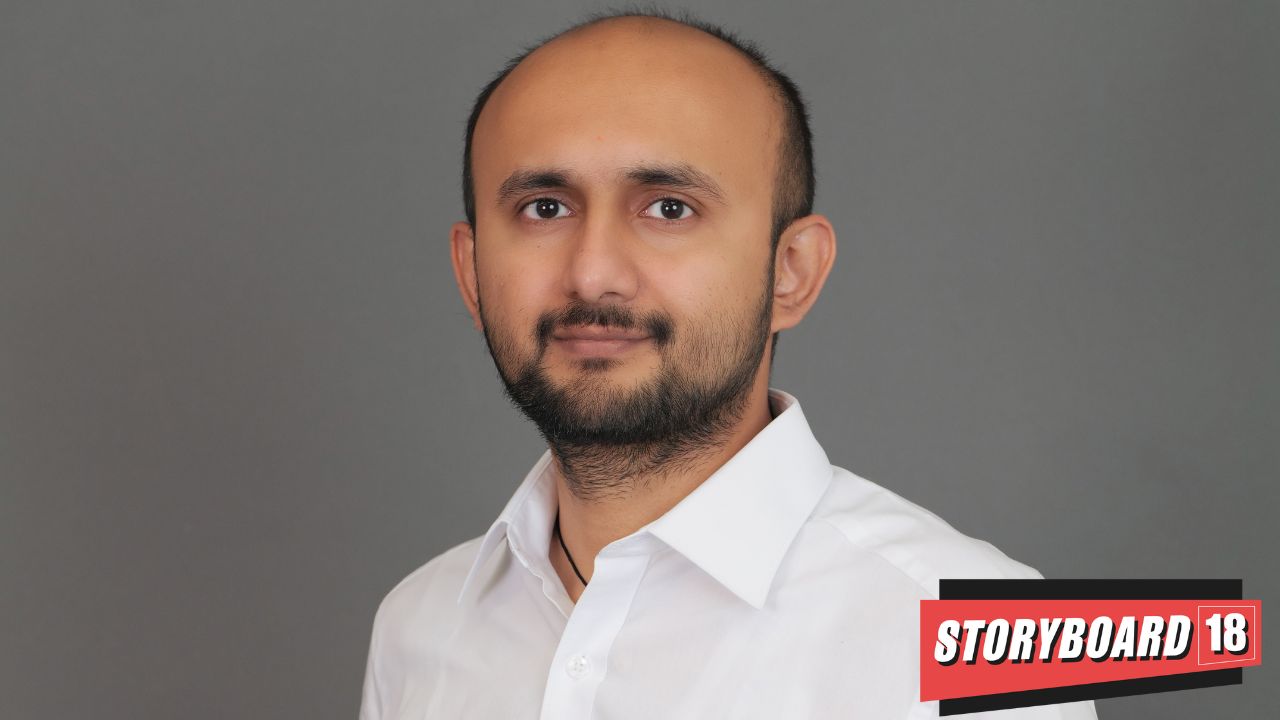In 2025, India’s mobility sector will prioritize decarbonization, electrification, and modernization by focusing on creating a sustainable ecosystem. Beyond EV adoption, building robust charging infrastructure will support mass public transport as cities shift from private vehicles to shared services due to rising traffic congestion. Intelligent traffic management, data-driven route optimization, and integrated multimodal platforms will redefine urban mobility, according to Anirudh Arun, CEO, BluSmart Fleet.
Arun believes that individual actions can significantly contribute to these broader trends. His New Year’s resolution is to reduce his carbon footprint by making mindful choices in daily life. This includes using shared and sustainable public transport more often, minimizing waste, conserving energy, and choosing sustainable products responsibly.
However, finding the right balance between individual responsibility and broader societal shifts is crucial. In a conversation with Storyboard18, Arun further elaborates on premium domestic and international flyers, and a noticeable preference for higher-end car models like SUVs indicating not only a rise in purchasing power but also a significant shift in consumer aspirations.
Edited excerpts:
What were the key achievements for you and your teams in 2024?
In 2024, BluSmart continued to build a vertically integrated energy-infrastructure, mobility, and technology business that is decarbonising mobility at scale.
Here’s a glimpse into our achievements and milestones:
With South Asia’s largest EV fleet of over 8,500 vehicles, we have facilitated ~650 million clean kilometers and delivered 20 million rides since inception. Together, we’ve saved ~47,000 metric tons of CO₂ emissions, reaffirming our commitment to sustainability. Furthermore, we also made our first international foray with the launch in UAE.
Our 50 EV charging hubs now host 5,000 EV charging stations, spanning ~2 million sq. ft. in Delhi NCR and Bengaluru. In August 2024, our Born-Electric Tech Stack was granted a patent by the U.S. Patent and Trademark Office, solidifying our position as an innovation leader.
We’ve created inclusive and equitable economic opportunities for over 10,800 active BluSmart Driver Partners out of which more than 150 are women driver partners.
What defining trends stood out for you in 2024?
2024 has been a landmark year for shifting consumer and market dynamics in India, with several defining trends coming to the forefront.
One standout trend is the rapid premiumisation across sectors such as fashion, beauty, electronics, vehicles, and travel. Indian consumers increasingly value convenience, experience, and quality, as evidenced by the growing demand for premium product categories on e-commerce platforms, the rising number of premium domestic and international flyers, and a noticeable preference for higher-end car models like SUVs. This transformation highlights not only a rise in purchasing power but also a significant shift in consumer aspirations.
Another notable aspect of this trend is the growing alignment between premiumisation and conscious consumerism. Today, consumers are willing to pay a premium for products and services that offer reliability, safety, and superior experiences, especially when these come with a commitment to sustainability. Environmental consciousness has emerged as a key factor influencing buying decisions, reinforcing the idea that premium and responsible consumption are now intertwined.
At BluSmart, this evolution is clearly reflected in our rider preferences. Customers increasingly choose us for our reliable, on-time services, well-trained driver-partners, high-end experiences and all-electric fleet. This intersection of premiumisation and sustainability perfectly aligns with the values of the modern Indian consumer.
What disruptive trends will take the spotlight in 2025?
In 2025, India’s mobility sector will prioritize decarbonization, electrification, and modernization by focusing on creating a sustainable ecosystem. Beyond EV adoption, building robust charging infrastructure will support mass public transport as cities shift from private vehicles to shared services due to rising traffic congestion. Intelligent traffic management, data-driven route optimization, and integrated multimodal platforms will redefine urban mobility. These innovations aim to ease congestion, enhance efficiency, and promote sustainability, paving the way for future-ready smart cities with seamless, eco-friendly transportation systems.
What is your New Year’s resolutions on a professional and personal front?
As we close another year, I reaffirm my commitment to accelerating the decarbonization, electrification, and modernization of mobility in India. By deploying innovative solutions, we aim to amplify our impact on the nation’s journey toward net-zero goals.
On a personal note, my New Year’s resolution is to reduce my carbon footprint by making mindful choices in daily life. This includes using shared and sustainable public transport more often, minimizing waste, conserving energy, and choosing sustainable products responsibly.
Read More:2025 – The Year Of…: Ethically designed AI use cases, says HDFC’s Ravi Santhanam
